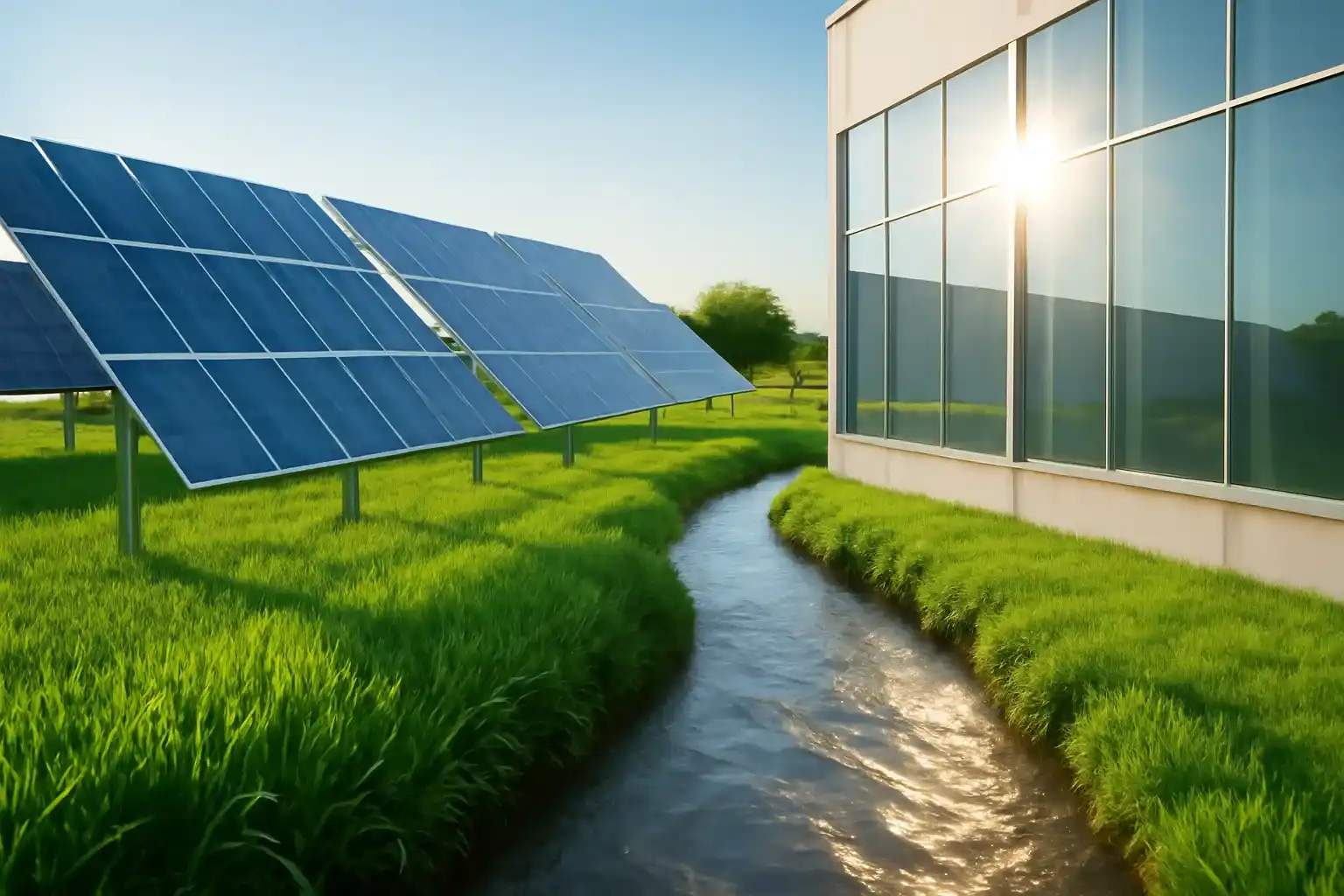Heat Pump Market Outlook

Favorable construction market, growing carbon emissions, growing concerns over polluting consumption practices, helpful government policies, rising consumer spending on clean energy, and variable energy prices are few of the factors that are responsible for driving an anticipated growth of the heat pump market. Furthermore, the rising need for heating requirements for water and space around the world along with increasing commercial accessibility of energy-efficient solutions are expected to augment the growth of the market. Moreover, conducive government policies will also assist in the reinforcement of the market growth, in the next few years. From the perspective of consumption, IEA notes that approximately 20 million households bought heat pumps in 2019.
Despite a share of the above are reversible units there is an unquestionable growth in major heating markets. IEA also notes that despite the emergence of heat pumps as one of the most commonly installed technologies in new residential constructions, only 5% of the heating demand of buildings around the world, whereas fossil fuel-based and conventional electric technologies comprised 3/4th of sales globally in 2019. The market growth is expected to be restrained to a certain degree due to high upfront purchase and installation costs, among others. With respect to opportunities, policy support and innovations are required to facilitate the removal of market barriers for renovation and enhance energy performance.
.jpg)
The construction segment of real-estate development is reportedly the main driver resulting in most hear pump technology purchase. Further, with respect to national markets, in the case of the USA, the heat pump sales share for newly constructed buildings is over 40% for single-family dwellings and is about 50% for new multi-family buildings. On the other side of the Atlantic, the market is witnessing a rapid expansion as the year 2018 registered purchase of heat pumps by approx. 1.3 million households. While France, Italy, Spain contributes to the half of the tola sales in the European Union (EU), Estonia, Finland, Norway and Sweden reportedly have the highest penetration rates with more than 25 heat pumps sold per 1 000 households each year, which is conducive for regional heat pump market growth.
The Permeating Popularity of Various Heat Pump Technology
The air source heat pumps are rapidly gaining currency and are becoming more widespread during the recent years and now occupy the largest share of global sales due to factors like improved standards of construction, favorable policy environment and rising demand for air-conditions. On the other hand, the sales of water source heat pumps, especially those intended for production for hot water, have tripled majorly contributed by sales in China. The increase in purchases was facilitated by subsidies made available through the Coal-to-Electricity program of northern China, which incentivized the replacement of coal-fired boilers with air-to-water heat pumps. The second-largest market was Japan in terms of sales for the same, during 2018 which was to the tune of 480000. Besides despite experiencing a lower sales volume, Europe experienced a steep rise in sales of heat pump water heaters which numbered 155000 units in 2018 from approx. 30000 units in 2010. On the contrary, wit annual sales of around 400000, ground-source heat pumps are relatively less common around the world, with Sweden accounting for the highest number of per capita installations globally. In view of the above, it can be stated with certainty that the energy and power industry is poised to witness a surge in heat pump technology demand irrespective of their types.
Policy Regulations and Government Programs Open up Opportunities for Future Growth
The labeling of products with a seasonal performance factor for heating and minimum energy performance standards for heat pumps has been mandated by the USA, thereby paving a way for such performance-based incentivizing system to encourage the use of heat pumps in conjunction with local PV production in a self-supply mode which in turn is anticipated to boost performance during the coming years and contribute to the reduction of electricity consumption from the public grid. Besides, in the EU and China, heat pumps’ energy source is categorized as renewable heat which makes incentives Viz. tax rebates accessible. On the other hand, subsidies made available under the aegis of the Air Pollution Prevention and Control Action Plan are aiding in the reduction of upfront installation and equipment costs in China. Moreover, the subsidies for air-source heat pumps across various Chinese provinces were made available by the Chinese Ministry of Environmental Protection as evidenced by the reported RMB24 000 to RMB 29 000 per household in Beijing, Shanxi, and Tianjin in February 2017. EIA also notes that 30% of the initial investment cost incurred towards ground-source heat pumps is covered by the state in the case of both the USA and China. The overall favorable outlook has mobilized developments in 2018 within the heat pump market, which are as follows:
January – Joint Venture
The leading manufacturer of technologically advanced ductless and variable refrigerant flow (VRF) heating and air conditioning systems Mitsubishi Electric Corporation (TOKYO: 6503) and a world-leading developer of comfortable, sustainable and efficient environments Ingersoll-Rand plc (NYSE: IR) had reportedly announced an agreement between them to establish a 50 %-50 % joint venture (JV) pending a global antitrust review. The JV was agreed upon to facilitate marketing and sales as well as distribution VRF and ductless heating and air systems which would be reportedly highly efficient, mini-split, multi-split, variable-speed and VRF air conditioners and heat pumps intended for commercial and light commercial as well as residential applications
April – Acquisition
The 3rd largest supplier to heat pump market of the Nordic region with annual sales registering around 68 million euros, Danfoss Värmepumpar AB, known under the brand name 'Thermia', based in Arvika, Sweden was reportedly acquired by The Stiebel Eltron Group for an undisclosed amount, enabling the latter to focus on the heating and cooling with renewable energy, consequently develop business in other markets which were then dominated by ground/water heat pumps.
Nevertheless, albeit such promising potential for the market global pandemic and its resultant effects like lockdown measures leading both supply-side and demand-side shocks is expected to create a dent in the growth prospects of the market.
Get in Touch
Interested in this topic? Contact our analysts for more details.
Latest Blogs

Solar Control Window Films Market expected to reach USD 1,224.951 million by 2030
RecentlyTop Companies Leading the Silicon-Based Capacitor Revolution
Recently
The Role of Chemical Blowing Agents in Sustainable Foaming Solutions
Recently
Top 10 Emerging Beverages Set to Dominate the Market in the Coming Years
Recently